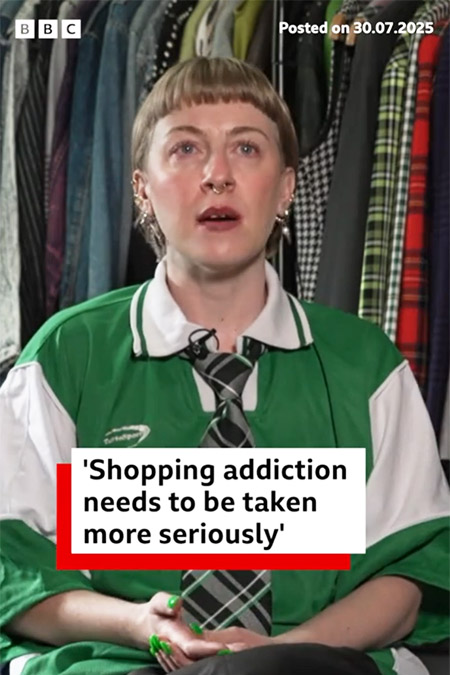


eports demonstrating modest but significant correlations between heavy social media use (SMU) and poorer mental health in youth have led many to suggest that heavy SMU is culpable. Although many youth may not be harmed by heavy SMU, distressed youth may be particularly vulnerable. The aim of this study was to experimentally examine the effects of reducing SMU on smartphones on symptoms of depression, anxiety, fear of missing out (FoMO), and sleep in youth with emotional distress. A randomized controlled trial was used to assign 220 youth aged 17–25 years to either an intervention or control group. The intervention group was asked to reduce smartphone-based SMU to 1 hr/day for 3 weeks while the control group had no SMU restrictions. SMU was objectively measured daily via tracking systems in smartphones. Mental health and sleep were subjectively assessed at baseline and following the 3-week intervention period. Compared to the control group, the intervention group showed significantly greater reductions in symptoms of depression, anxiety, and FoMO, and greater increases in sleep. No effects of gender were detected. Reducing SMU on smartphones to approximately 1 hr/day may be a feasible, inexpensive, and effective method of increasing sleep and reducing symptoms of depression, anxiety, and FoMO among distressed youth.
Read the full publication on APA PsycNet.

A day of retail therapy can be just the ticket for some people to help them feel better about themselves. But what happens when you can't stop shopping? Surrounded by racks of shirts, dresses and jumpers, Lucy tells me that she could spend up to 14 hours a day searching out new clothes as an escape from reality.
Read More
There's a new addiction in New Zealand - more than a third of Kiwis say they are hooked on their screens and many are blaming Covid for it. As the country enters its second week of lockdown, New Zealanders have been averaging five hours of screen time a day on top of using devices for work and school since the Covid pandemic started last year, a new NortonLifeLock study has found.
Read MoreWe greatly appreciate your feedback on this website and would like to know what information you found useful and what services you would like to see next. Please take a couple of minutes to let us know.
survey